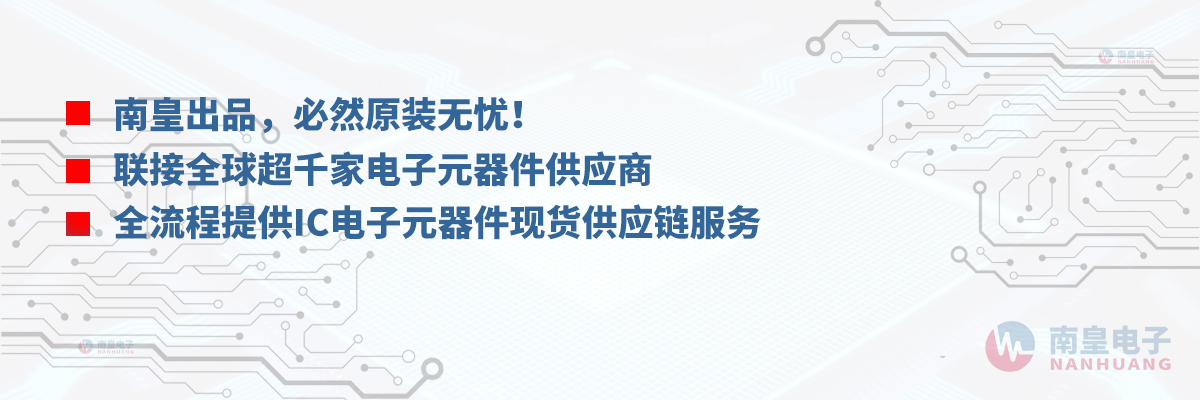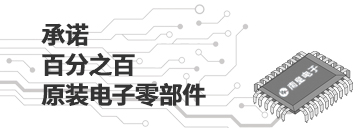

PCM1680是TI公司的一款音频DAC产品,PCM1680是105dB SNR 8 通道音频 DAC,本页介绍了PCM1680的产品说明、应用、特性等,并给出了与PCM1680相关的TI元器件型号供参考。
PCM1680 - 105dB SNR 8 通道音频 DAC - 音频DAC - 音频转换器 - TI公司(Texas Instruments,德州仪器)
The PCM1680 is a CMOS, monolithic integrated circuit which features eight 24-bit audio digital-to-analog converters (DACs) and support circuitry in a small SSOP-28. The DACs use TI's enhanced multilevel delta-sigma (%#x394;) architecture to achieve excellent signal-to-noise performance and a high tolerance to clock jitter.
The PCM1680 accepts industry-standard audio data formats with 16-bit to 24-bit audio data. Sampling rates up to 200 kHz are supported. The PCM1680 provides a full set of user-programmable functions through a serial control port, using an SPI or I2C interface.
- 24-Bit Resolution
- Analog Performance:
- Dynamic Range: 105 dB Typical
- SNR: 105 dB Typical
- THD+N: 0.002% Typical
- Full-Scale Output: 3.9 VPP Typical
- 4x/8x Oversampling Interpolation Filter:
- Stop-Band Attenuation: -50 dB
- Passband Ripple: ±0.04 dB
- Sampling Frequency: 5 kHz to 200 kHz
- System Clock: 128 fS, 192 fS, 256 fS, 384 fS, 512 fS, 768 fS, or 1152 fS with Autodetect
- Zero Flags for Selectable Channel Combinations
- Serial Port (SPI/I2C) for Mode Control
- User-Programmable Functions:
- Flexible Audio Data Formats
- Right-Justified, I2S, and Left-Justified
- 16-, 18-, 20-, and 24-Bit Audio Data
- Digital Attenuation: Mode Selectable
- 0 dB to -63 dB, 0.5-dB/step
- 0 dB to -100 dB, 1-dB/step
- Soft Mute
- Digital De-Emphasis
- Digital Filter Roll-Off: Sharp or Slow
- Flexible Audio Data Formats
- Single Power-Supply Operation: 5-V Analog, 5-V Digital
- Package: SSOP-28 (150 mil)
- Pin-Compatible with PCM1780
- APPLICATIONS
- Integrated A/V Receivers
- DVD Movie and Audio Players
- HDTV Receivers
- Car Audio Systems
- DVD Add-On Cards for High-End PCs
- Digital Audio Workstations
- Other Multichannel Audio Systems
System Two, Audio Precision are trademarks of Audio Precision, Inc. SPI is a trademark of Motorola. I2C, I2S are trademarks of NXP Semiconductors.






